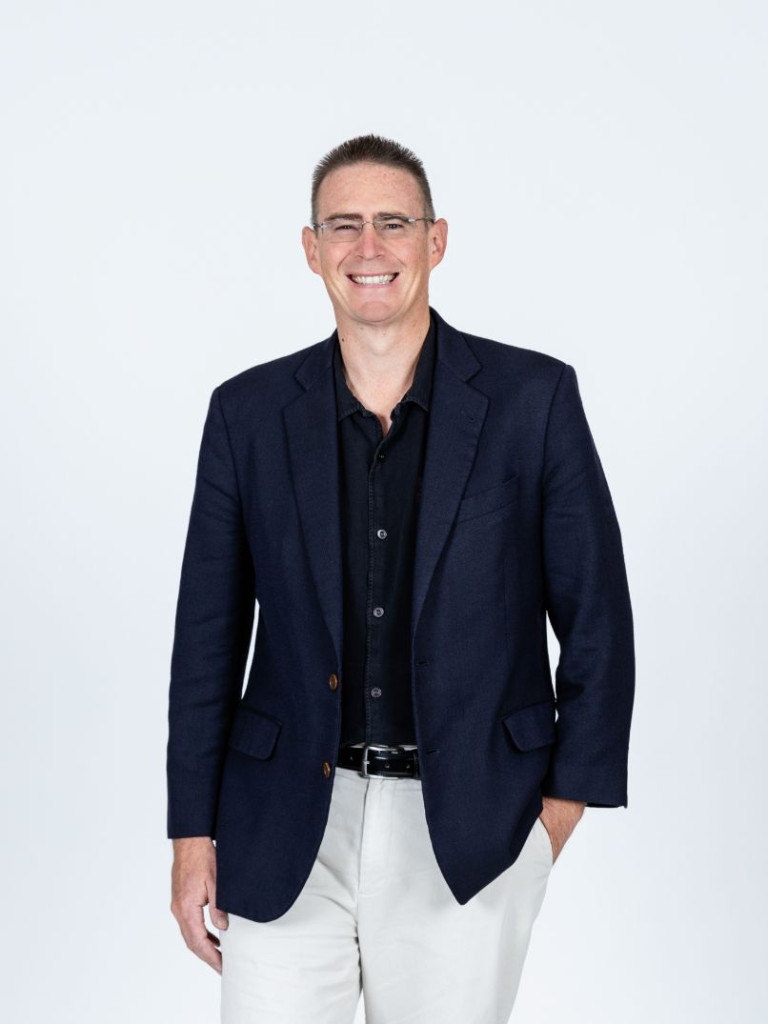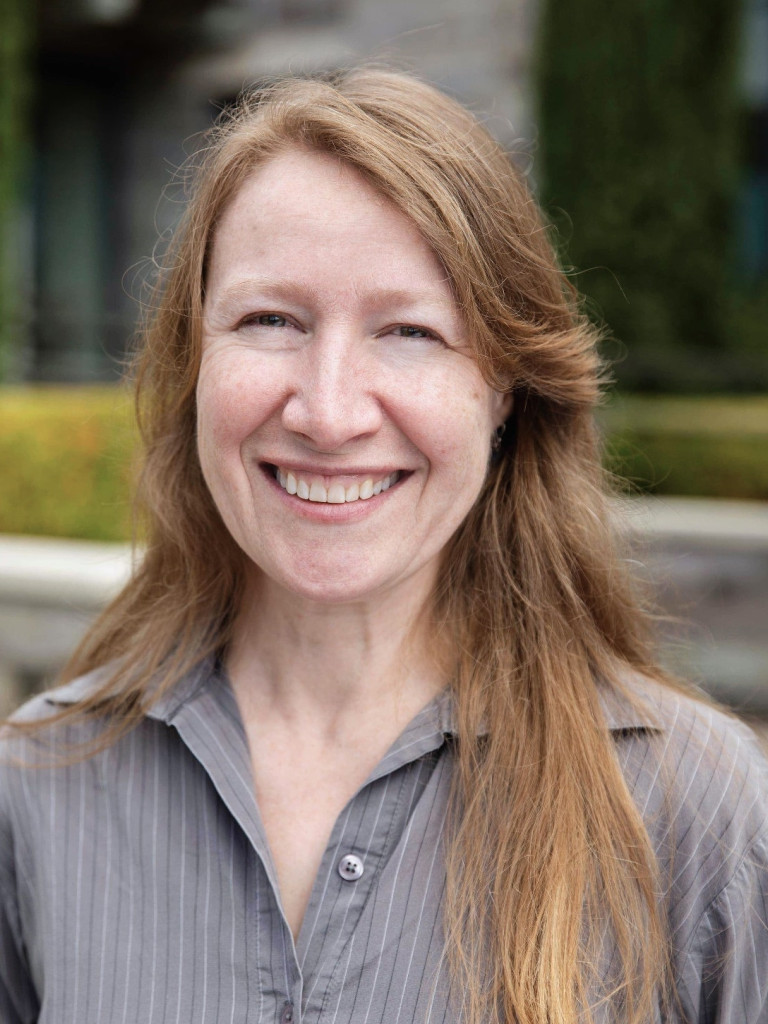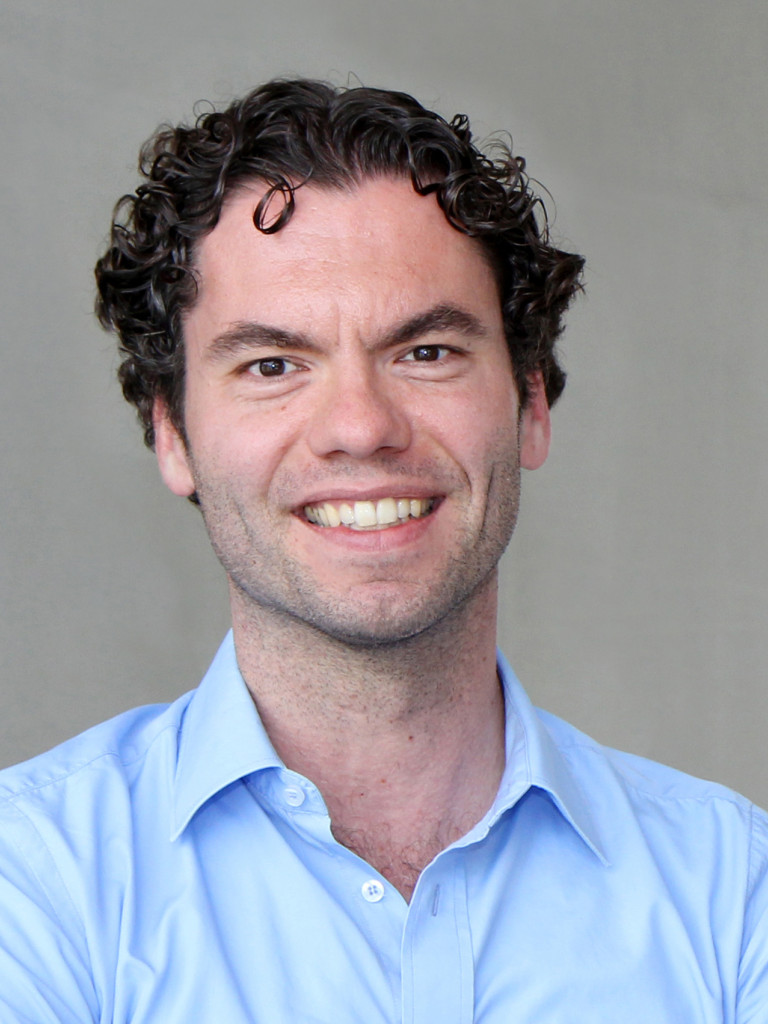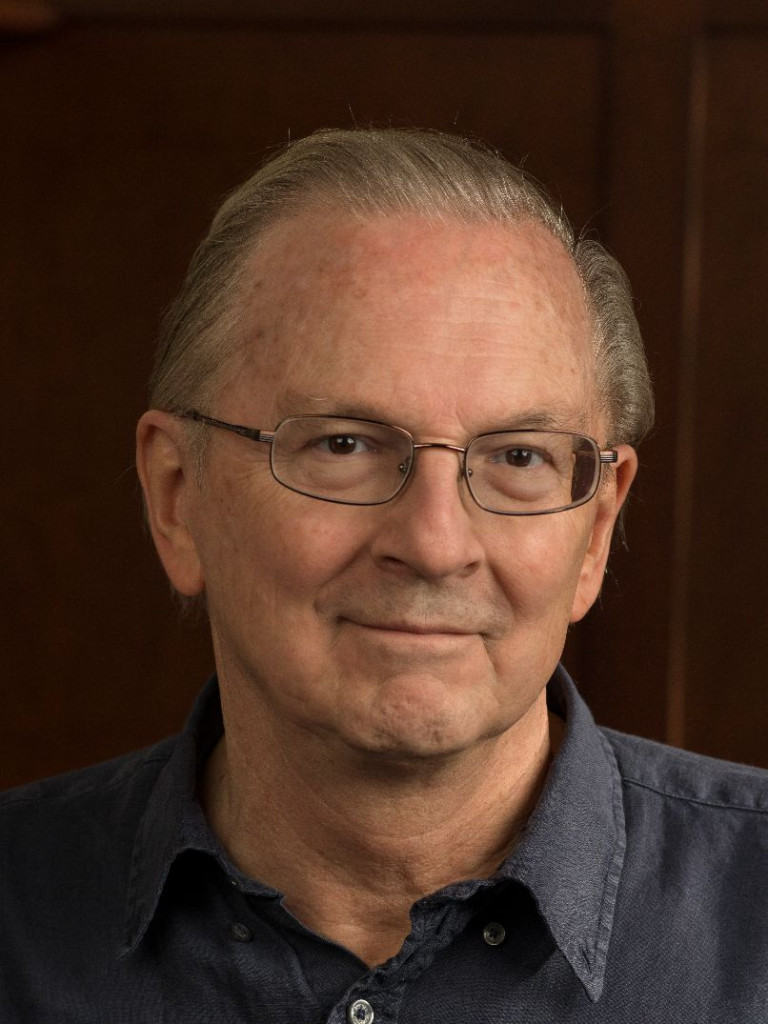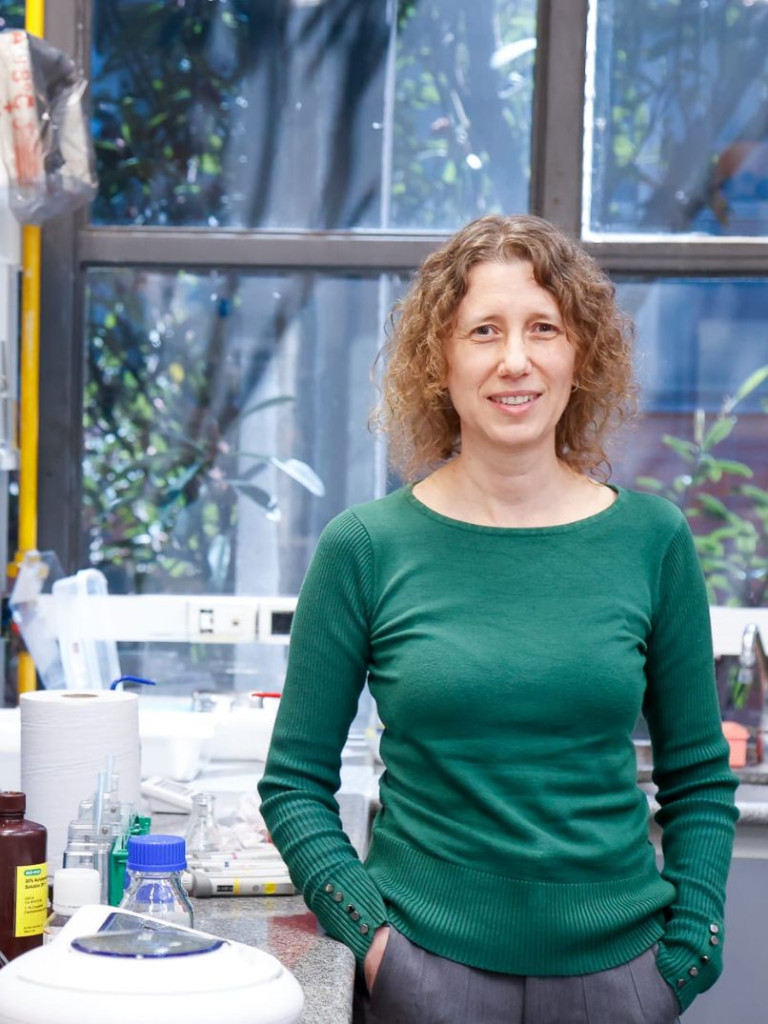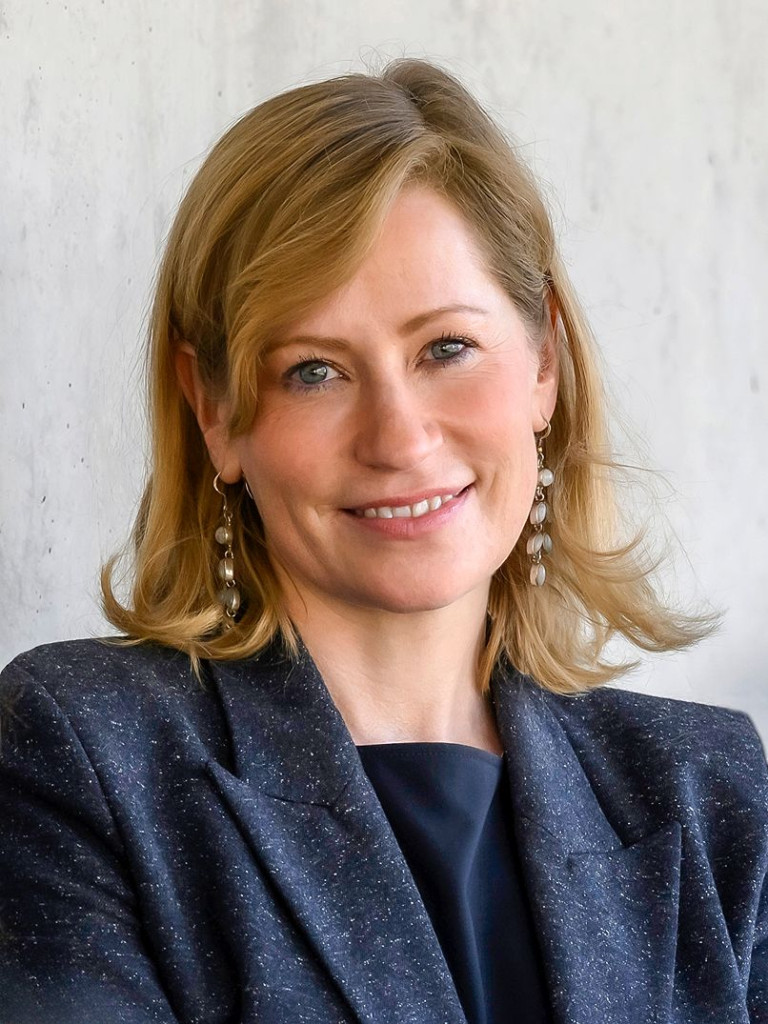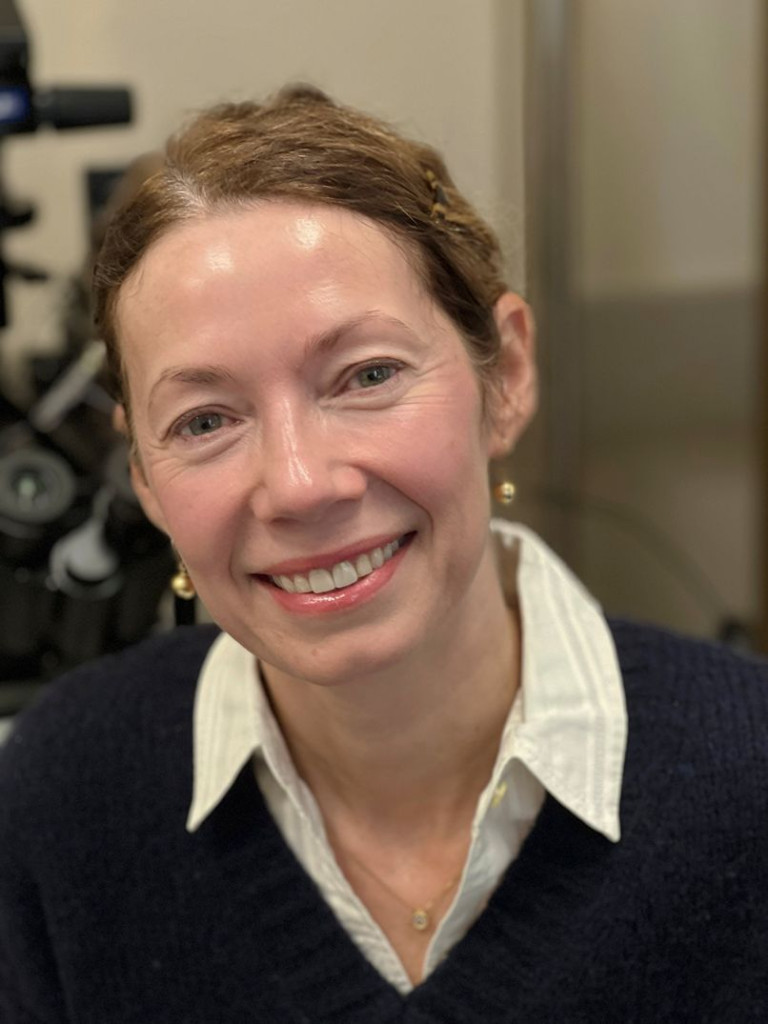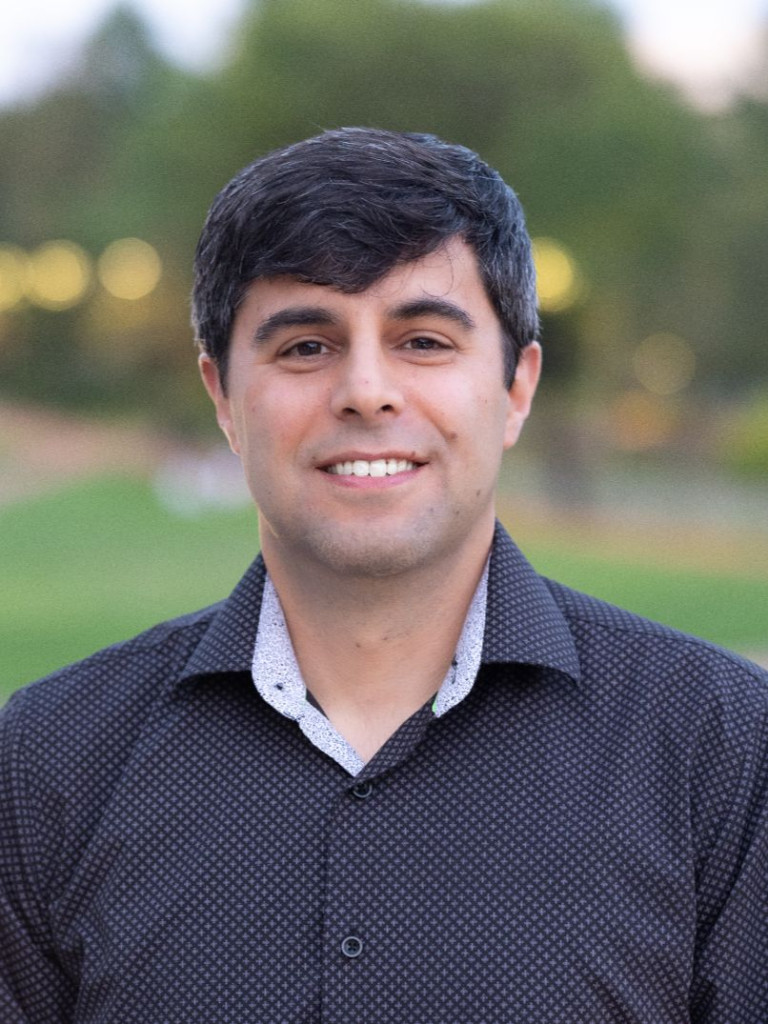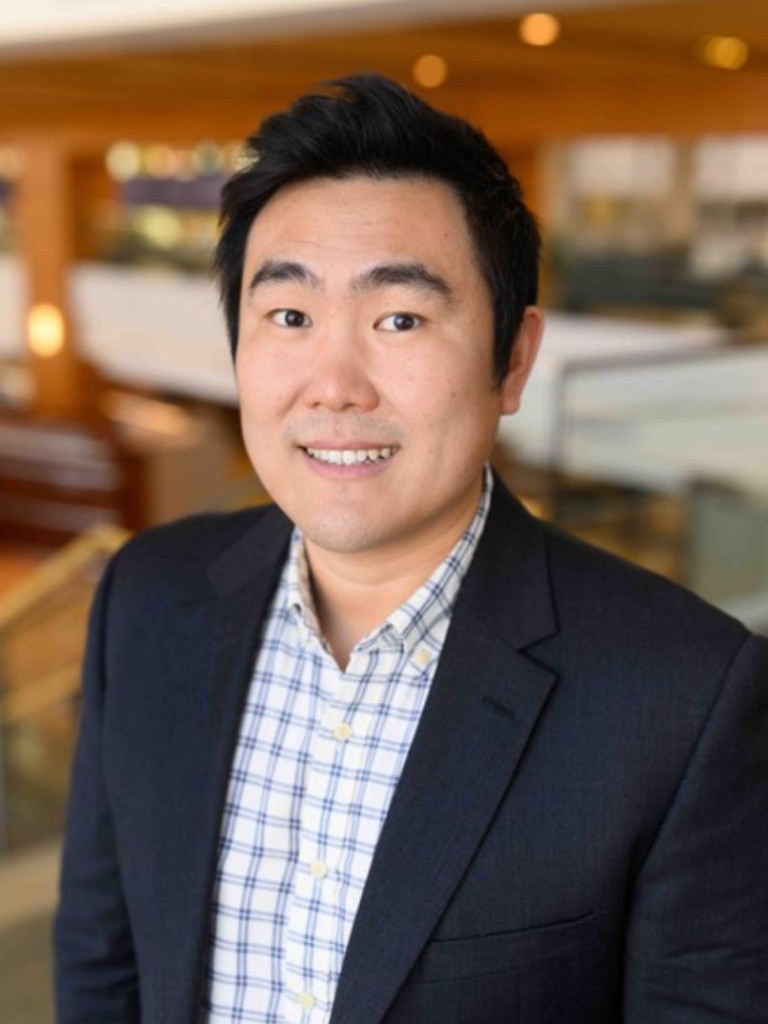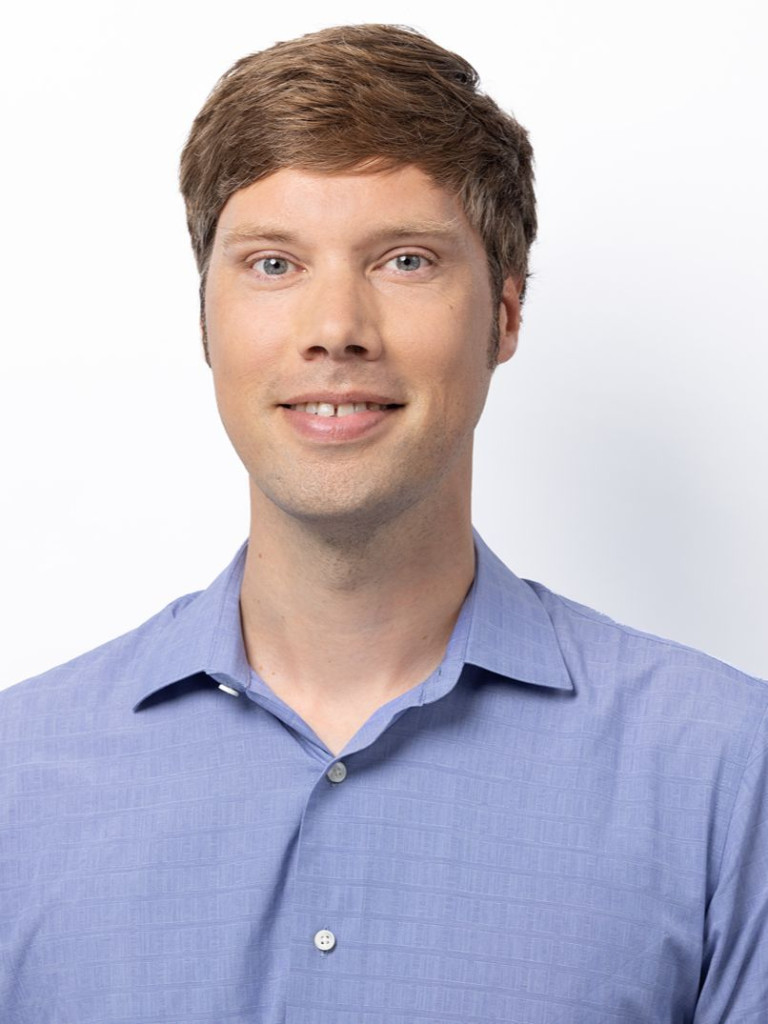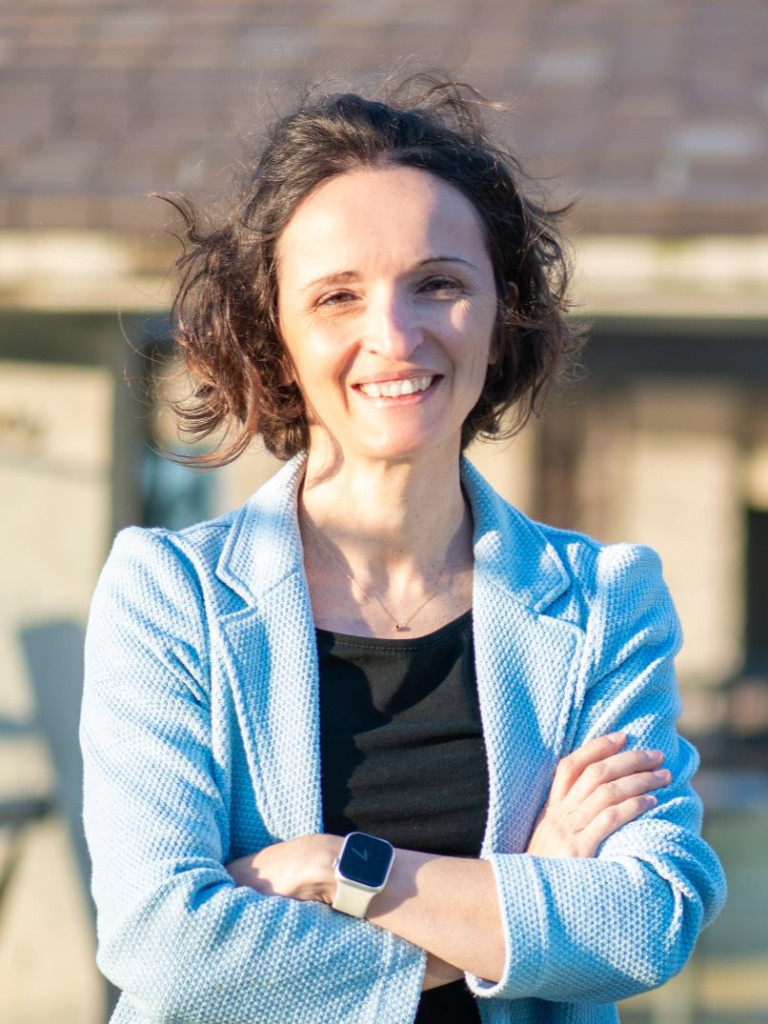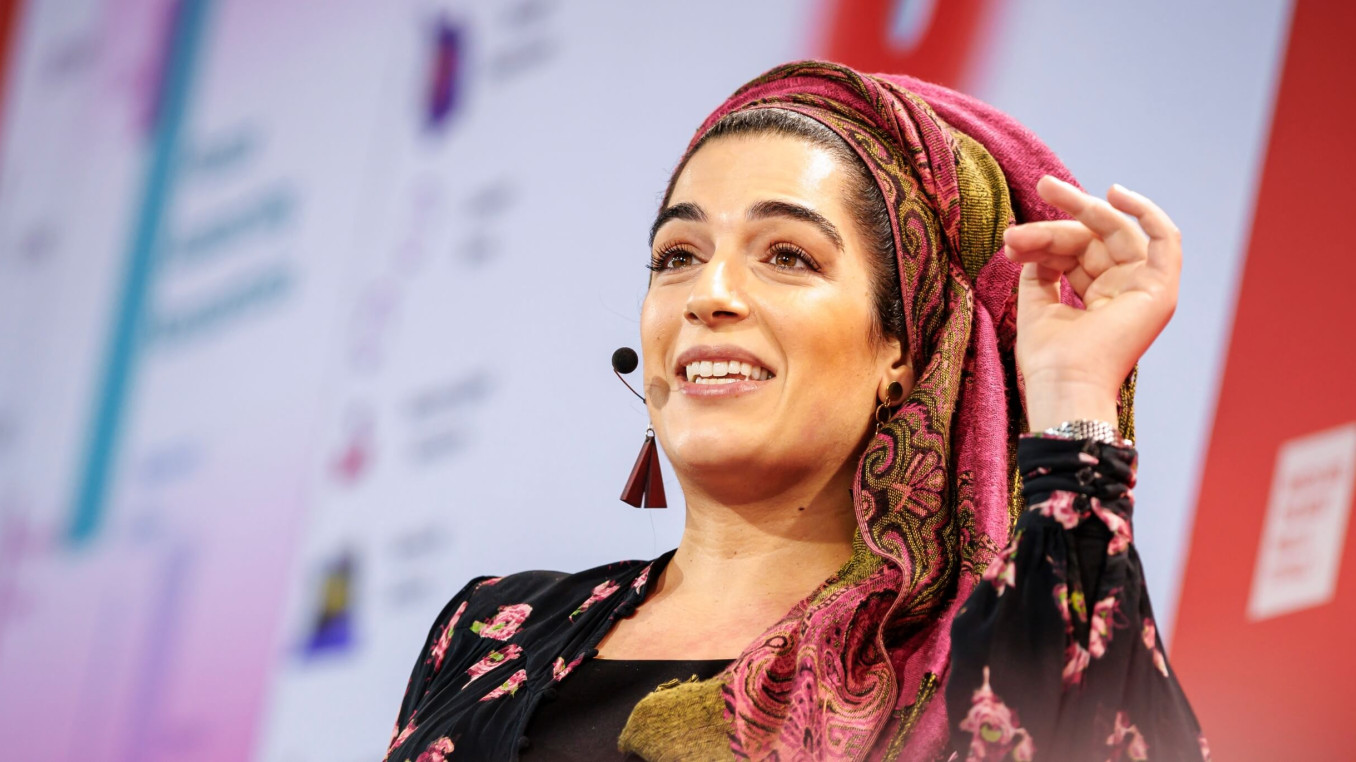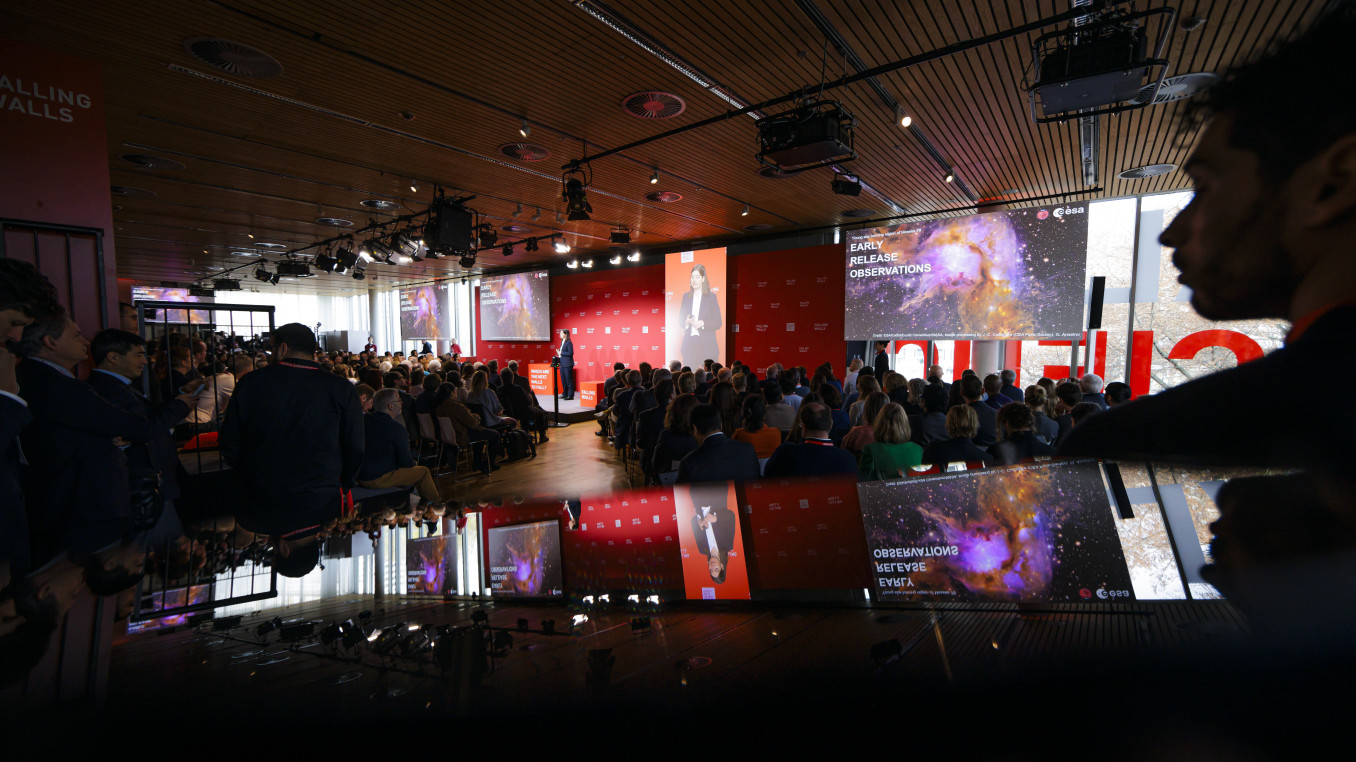

Life Sciences
THE FALLING WALLS GLOBAL CALL FOR SCIENCE BREAKTHROUGHS 2026 IS NOW OPEN
In the Life Sciences category we seek internationally recognised, established academics and leaders in the scientific study of life and organisms (e.g. biology, neuroscience, zoology), whose groundbreaking work contributes towards solving the world’s biggest challenges.
We showcase:
- Visionary scientists and research teams who drive groundbreaking discoveries in the life sciences, expanding our understanding of living systems and transforming human and planetary health.
- Researchers whose work not only advances scientific frontiers but also holds the potential to tackle global challenges, from disease prevention and medical innovation to biodiversity conservation and sustainable ecosystems.
- Pioneers who communicate complex biological concepts in ways that engage and inspire, making cutting-edge research accessible to a wider audience.
Your work will not only be evaluated for its impact in this category but also for its potential to ignite interdisciplinary solutions.
Subscribe to our Newsletter and don't miss any updates.
FALLING WALLS GLOBAL CALL - GET INVOLVED
Nominations for the Science Breakthrough of the Year may be initiated by leading academics, universities, research organizations, companies, private and public research centres, academies, research funders, foundations, and individuals to nominate the latest breakthroughs in Life Sciences.
Nominators of projects selected as finalists will receive a free ticket to the Falling Walls Science Summit in Berlin!
To submit your own project, please apply directly.
Please note that submissions must be completed in English.
If you have any questions, please do not hesitate to contact us via email. We are happy to help.
- Your work will be presented to a distinguished Jury and will get international visibility.
- Be a part of the Falling Walls network and interact with a wide range of decision-makers, innovators and emerging talents from all over the world. Join an interdisciplinary community that is committed to bringing down barriers to address common challenges.
- Take your chance to become the Falling Walls Science Breakthrough of the Year in Life Sciences and present your breakthrough work to a global audience on 9 November 2026 on our main stage at the Falling Walls Science Summit in Berlin.
- As Science Breakthrough of the Year, you will get the opportunity to enjoy the Falling Walls Science Summit 2026, a four-day conference with inspiring keynotes, discussions, and exciting pitches. Be part of a community of the most important researchers and thinkers of our time and discuss breakthroughs with global leaders in science, politics, business, and the media.
We will use our expertise and years of experience in science communication to help make your research accessible and engaging to a wide audience, and to highlight its impact on society.
STEP 1 – NOMINATION
Leading actors in science and academia worldwide nominate individual scientists or research groups by submitting a nomination form via our online platform or apply directly by 15 April 2026. Nominated candidates will be contacted directly and asked to submit further details.
STEP 2 – 30 SHORTLISTED APPLICANTS
Submissions that meet the standard requirements will be reviewed by the shortlisting jury and the jury chair, using our selection criteria (see below), to determine a list of 30 shortlisted applicants. The shortlist will be announced on our website in mid-June.
STEP 3 – 10 FINALISTS
Our distinguished jury for Life Sciences, chaired by Michael Schuetz, will evaluate all 30 shortlisted applications based on the selection criteria and choose ten finalists. The ten finalists will be announced in mid-August.
STEP 4 – THE FALLING WALLS SCIENCE BREAKTHROUGH OF THE YEAR
The respective juries will select the Science Breakthroughs of the Year from the finalists of each category. On 9 November, the anniversary of the peaceful fall of the Berlin Wall, the Science Breakthroughs of the Year 2026 will take up the stage at the Falling Walls Science Summit in Berlin.
We are specifically looking for projects that address global challenges and present scientific knowledge in an innovative way. Falling Walls always encourages interdisciplinary approaches to science and seeks outstanding scientists as well as research groups. The four selection criteria are:
- Breakthrough Potential: How much of a paradigm shift does the research represent? Are there excellent, ground-breaking, recent achievements in their respective fields, nationally and internationally?
- Level of Innovation: How new and original is this idea?
- Societal Relevance: How significant is the research for society today and in the future? Is there a positive effect on nature and humanity, in line with the Sustainable Development Goals?
- Academic Excellence: Is the research of outstanding quality and is it likely to have a significant long-term impact on the research landscape and to contribute towards solving global challenges? Is the research able to translate scientific topics and their complexities in a way that makes them accessible and attractive to large sections of society?
Each evaluation criterion is considered proportionally. Nominations and Self-nominations will be considered and evaluated within the category, but their potential for interdisciplinary problem-solving will also be assessed.
SCIENCE BREAKTHROUGH OF THE YEAR 2025 IN LIFE SCIENCES
Melina Schuh: Breaking the Wall of Invisible Ovulation
Melina Schuh is Director at the Max Planck Institute for Multidisciplinary Sciences, Göttingen, and leads the Meiosis department. Her research uncovers causes of age-related fertility decline and meiotic errors in mammalian eggs. Melina developed the first live-imaging platform to visualise ovulation in real time at the cellular level, providing unprecedented insight into this fundamental process. This breakthrough opens new paths in fertility research, women’s health, and the development of non-hormonal contraceptives.
SCIENCE BREAKTHROUGH OF THE YEAR 2025 IN LIFE SCIENCES
Melina Schuh: Breaking the Wall of Invisible Ovulation
Melina Schuh is Director at the Max Planck Institute for Multidisciplinary Sciences, Göttingen, and leads the Meiosis department. Her research uncovers causes of age-related fertility decline and meiotic errors in mammalian eggs. Melina developed the first live-imaging platform to visualise ovulation in real time at the cellular level, providing unprecedented insight into this fundamental process. This breakthrough opens new paths in fertility research, women’s health, and the development of non-hormonal contraceptives.
SAVE THE DATE: 6 – 9 NOVEMBER 2026 IN BERLIN
Unsubscribe any time. You’ll find our data privacy policy here.
GLOBAL CALL FOR SCIENCE BREAKTHROUGHS 2026

